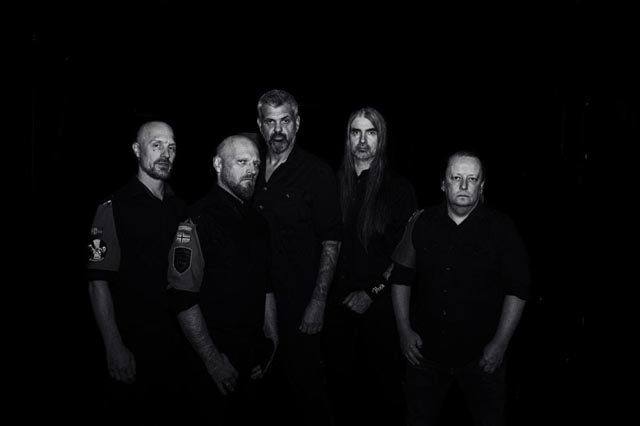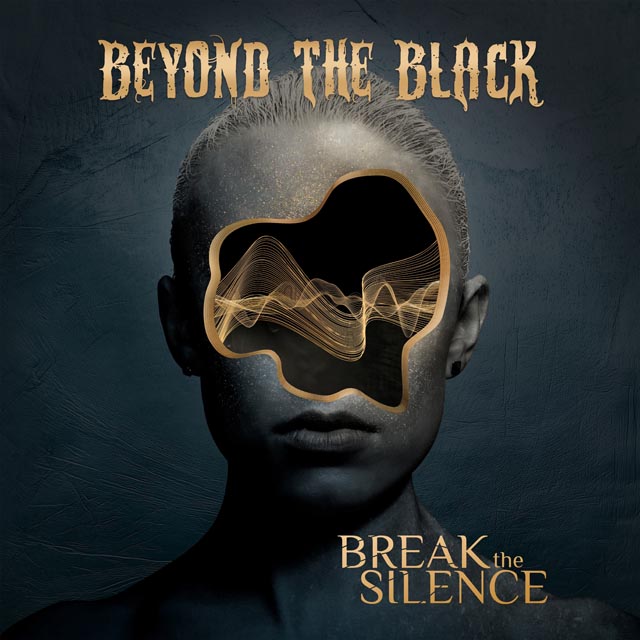 Headbangers’ Brawl is a weekly column where Metal Insider’s Bram and Zach take a moment to debate and analyze two opposing sides of a topical issue occurring in the world of metal and/or the music industry.
Headbangers’ Brawl is a weekly column where Metal Insider’s Bram and Zach take a moment to debate and analyze two opposing sides of a topical issue occurring in the world of metal and/or the music industry.
While we’re not going to go into details, there was a pretty fascinating story in The Hollywood Reporter about the head of a major label that was recently shown the door after less than two years. The reason said person was hired in the first place was that they were a successful songwriter, and the label thought hiring someone on the creative side might make sense in the long run. In this week’s Headbangers’ Brawl, Bram and Zach discuss whether having creatives running a label makes sense.
Zach: I think that having someone with more of a background in the creative field definitely has strong benefits and has proven to work before. Rick Rubin, most famous as a producer, is a good example of that. Even Epitaph Records, founded by Bad Religion guitarist Brett Gurewitz, is proof of this. But Hollywood Reporter’s article highlights how it also depends on the individual. You don’t necessarily need a business back ground, but you also need to maintain professionalism (which the article claims the person of main focus did not have). So in that sense, it can’t just be any famous or credible musician who thinks he/she’s can run a business because he’s produced a song or two. Just because I’ve made a cup of coffee in my kitchen doesn’t mean I can manage a Starbucks.
One of the “beliefs” behind hiring a “creative type” is that they bring a certain passion for the music that a businessman might lack in. But in truth, that passion should already be present in the industry. For instance, Brian Slagel is not necessarily one of the creative types, but what’s made Metal Blade Records one of the top independent metal labels is his passion for the music. He’s a great example of how a businessman can look towards increasing sales while also maintaining integrity for the music he loves. So I’d argue that while the “artists/creative types” inclusion in the business side definitely helps, it’s also not the only way to put more life into a dying industry, and shouldn’t be the way we rely on.
Bram: There’s a big difference between a major label and an independent one, too. Phil Anselmo, the Sunn 0))) guys and Mike Patton started labels because they have a genuine passion for music, and wanted to put out records by not just their friends, but artists they believed in. Sales were secondary and it seems like it’s really more of a hobby to them. Major labels don’t have that opportunity. For better or worse, they’re run like the corporate entities that they are. Sure, many of the people at major labels are there because they genuinely enjoy music, but there are probably just as many that are into it because they enjoy business, and it doesn’t matter what the product is. That’s not to say an artist can’t run a major – Jay Z ran Island Def Jam for a while without it imploding, and producer Matt Serletic ran Virgin for a little, too. But having business acumen on the road when you’re a touring artist is one thing and being handed the reins of a multi-million dollar corporation is another. It’s like giving political power to a governor that didn’t even finish their term – oh wait…
Z: That’s a reason why many musicians try to stay out of the business side of music in general. I remember reading an interview with Zakk Wylde about how Ozzy advised him to either focus on the music or the business, but not to try and run both. Many artists can’t necessarily (or just don’t want to) juggle both. And even those who do have more control over the business side of the band will tell you that you need to find a team of people you can trust.
The idea that the fate of a multi-million dollar company rests on one individual (creative or business-minded) is simply not fair. The industry is really a team effort and a band’s success relies on how passionate and motivated a team is to work for a band. Granted, the right leader can help direct them in the right direction, and with all the layoffs happening in the industry, that team is becoming smaller and smaller.
B: Well ultimately, it’s about being able to balance the two. Somehow, I don’t think any of the artists on Housecore or Southern Lord care if Phil Anselmo or Greg Anderson smoke a joint at the end of the day. Clearly, or at least from what the Hollywood Reporter hints at, that doesn’t fly if you’re running a major.












